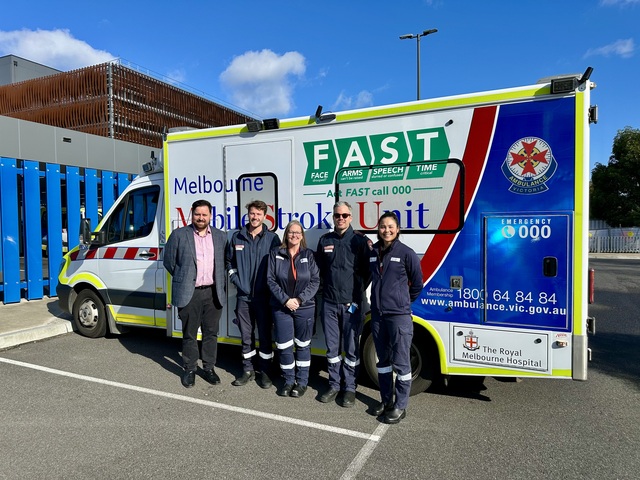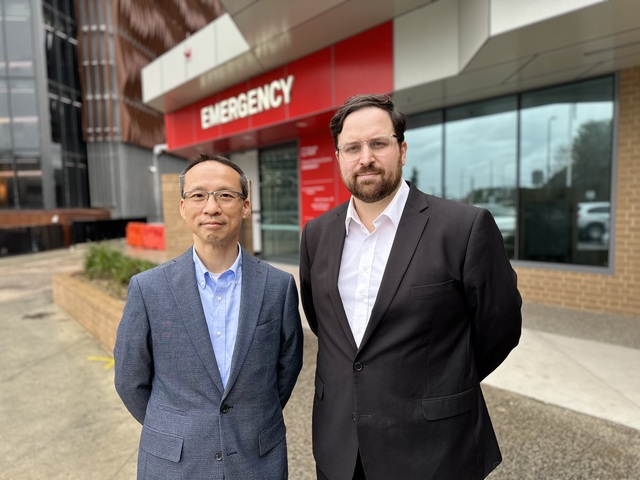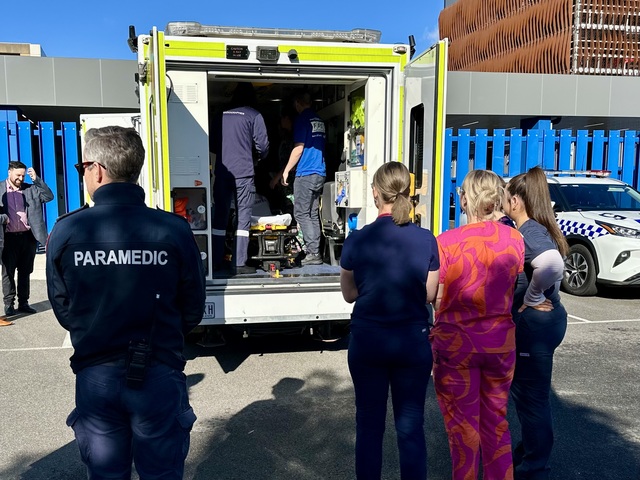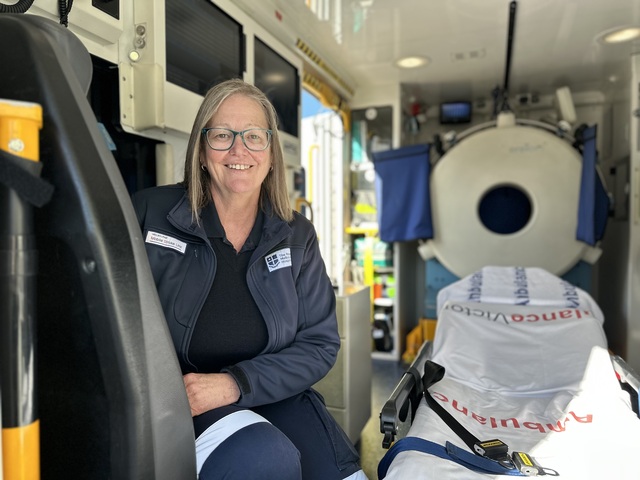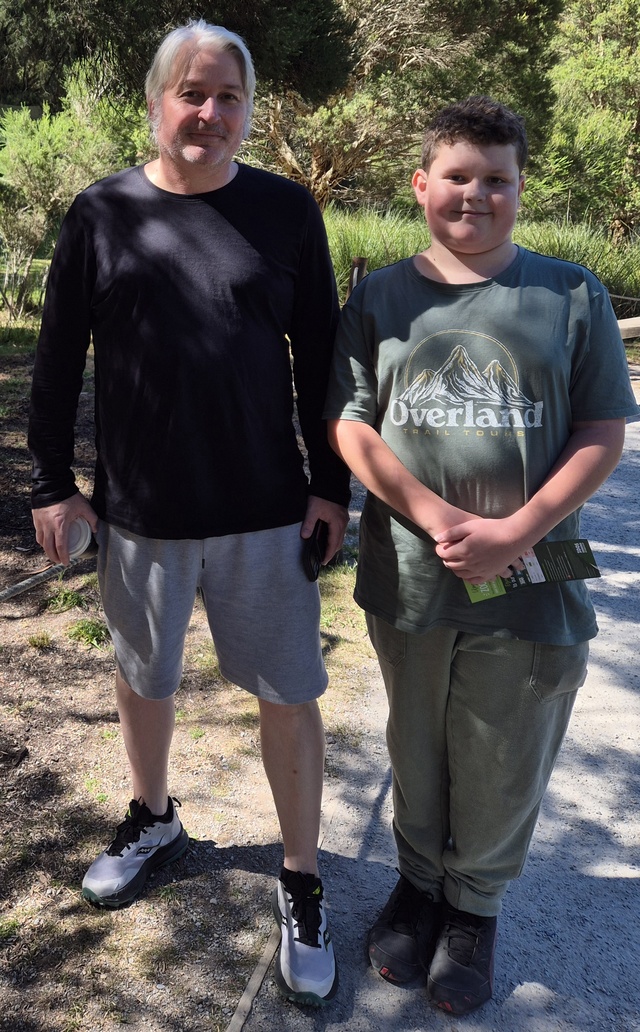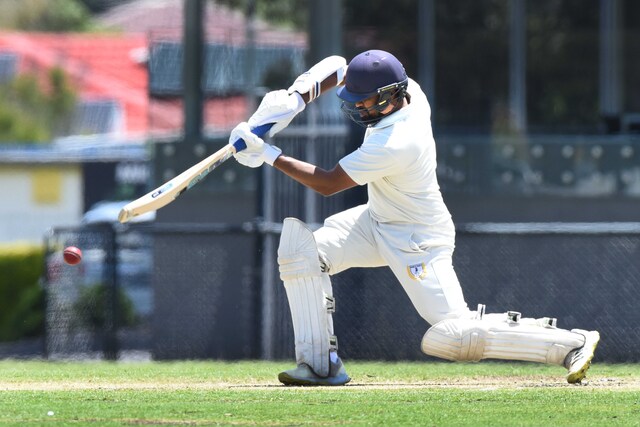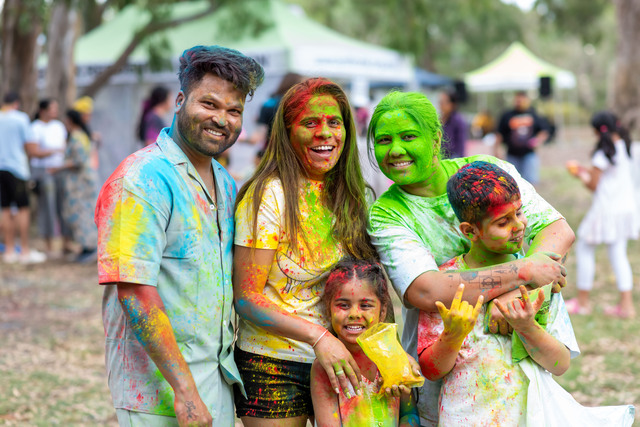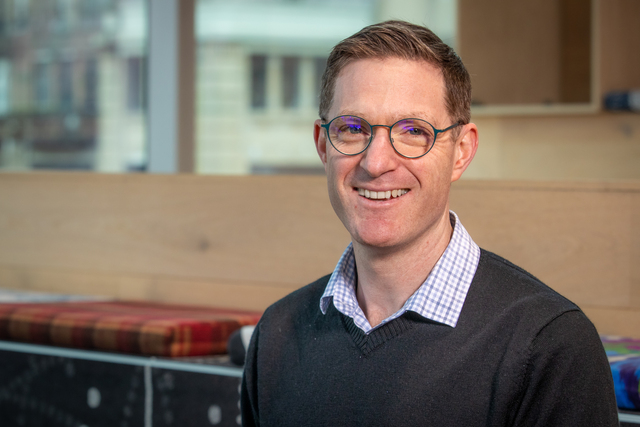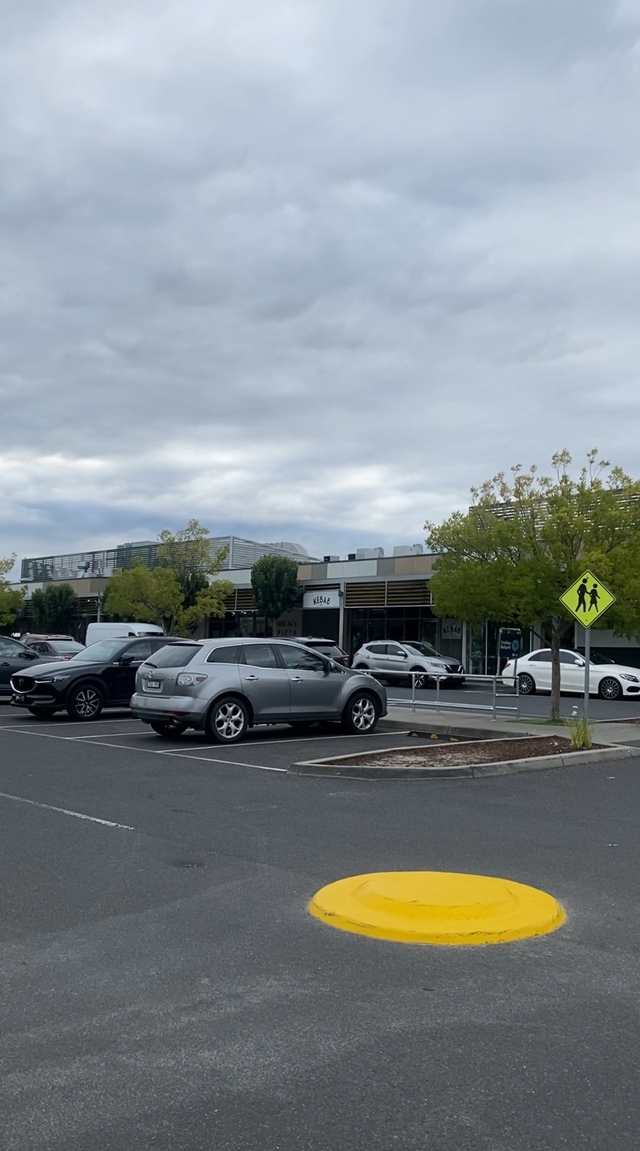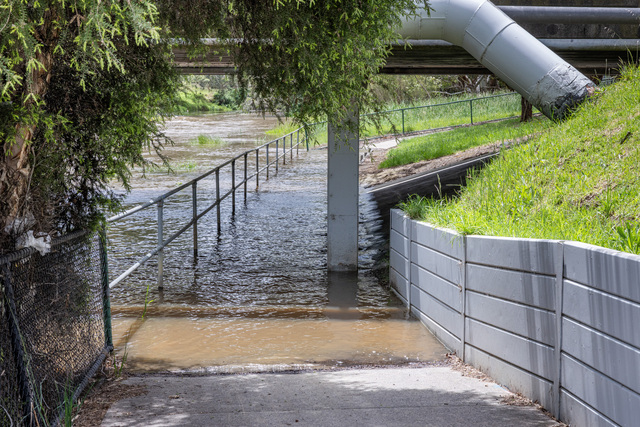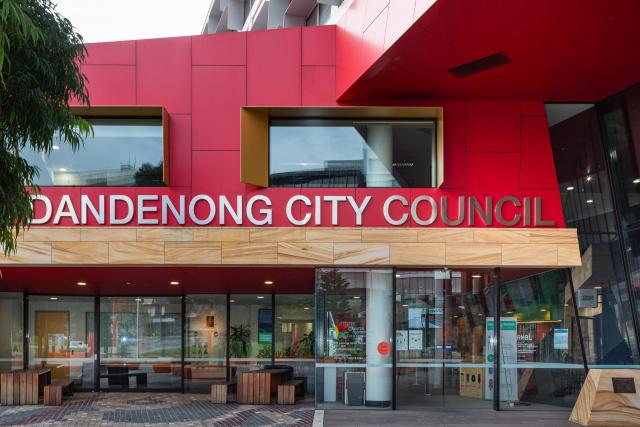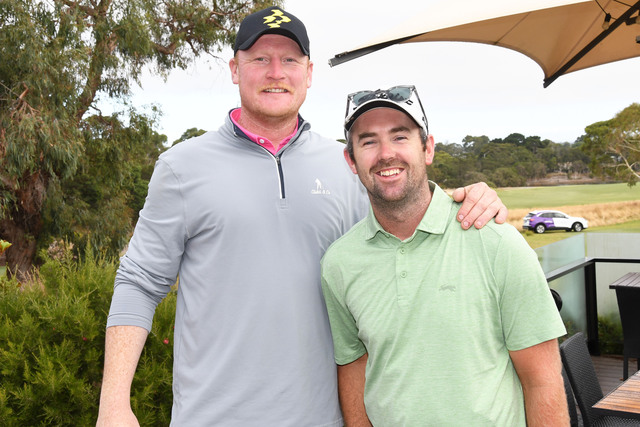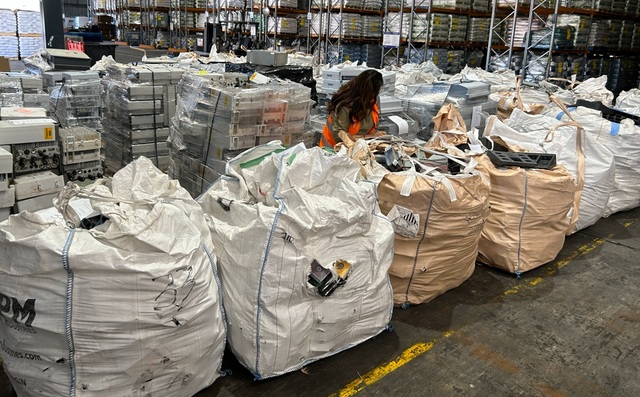A Cockatoo father is back home and recovering well after Victoria’s second Mobile Stroke Unit (MSU), operating out of Dandenong, delivered life-saving stroke care on the roadside.
Shane Allan, 50, collapsed at his home earlier this year.
His wife Michelle immediately suspected a stroke after recognising the symptoms.
“Every Sunday night, I watch Inside the Ambulance and all those medical shows. I looked at Shane and I knew what was happening straight away, so I rang an ambulance,” Michelle recalled.
Unbeknownst to the couple, Australia’s second MSU had begun operating out of Dandenong only three months earlier and was dispatched to meet Shane’s ambulance en route to the hospital.
A hospital-grade CT scanner onboard the unit allowed specialists to diagnose an ischemic stroke within minutes, confirming a blockage in one of Shane’s arteries.
The team administered clot-busting medication immediately, before transferring Shane to Monash Medical Centre in Clayton for emergency clot-retrieval surgery.
“Not every hospital can do this procedure. You’re potentially preventing hours of delays if you can get a patient to a stroke service straight away,” Professor Henry Ma, director of Neurology at Monash Health, said.
“Every minute you lose about two million brain cells. So, every minute you save helps a patient.”
Doctors at Monash Medical Centre were notified of Shane’s diagnosis before his arrival, allowing surgical teams to prepare in advance.
“The result of his care was very good,” Monash Health neurologist Dr Michael Valente said.
“Being able to restore blood flow quickly means Shane’s now back to independent function and home again.”
Shane has since returned to work, with only minor weakness remaining in his left side.
Operating Monday to Friday from 8am to 6pm, the Dandenong-based MSU services a 20-kilometre radius. At times, it can rendezvous outside that catchment area.
It is dispatched by Ambulance Victoria to patients with suspected stroke.
Monash Medical Centre is the primary receiving hospital, serving as a major stroke-retrieval hub for the south east and across Victoria.
“We are thrilled to have Australia’s second Mobile Stroke Unit operating in our catchment,” Professor Ma said.
“We believe it will improve functional outcomes for stroke patients in our community.
“We are already seeing excellent patient outcomes.
“With the MSU, we are getting a lot more information about patients before they arrive at the hospital. So, our team can be ready for patients when they arrive, and some are even able to go directly to our angio suite to have the clot removed.”
Outside his work at Monash Health, Dr Valente also serves as a virtual neurologist for the MSU, linking in from the Royal Melbourne Hospital.
“It’s extremely satisfying and humbling to be able to help the patient from their house.
You’re shifting the dynamics of their care dramatically,’ he said.
“Sometimes you can see the effect of the drugs that you’re giving straight away, you can see the stroke resolving before your eyes. It’s incredibly rewarding to see.”
A former stroke clinical nurse consultant at Monash Health, Jodie Rabaut, said reaching patients within the crucial “golden hour” could dramatically change outcomes.
She is now a stroke nurse practitioner on the MSU, enjoying applying the same skills she uses in the hospital setting, but in a very different environment.
“Being out in the elements, rain, hail or shine and providing imaging and treatment on the street is a rawer experience,” she said.
“In the hospital environment, the patient arrives with paramedics on a stretcher with all the required information. With the MSU, you are entering people’s homes, where they may be stuck between furniture, and you are sourcing as much information as you can, all the while trying to comfort family members during such a confronting time.
“Working with such a tight-knit team on the MSU, including paramedics, radiographers and doctors, knowing that you are helping people in the community, is definitely satisfying and rewarding.”
The MSU program is a collaboration between Ambulance Victoria, the Royal Melbourne Hospital, Monash Health, the Stroke Foundation, the Florey Institute of Neuroscience and Mental Health, the RMH Neuroscience Foundation, the State Government and the National Health and Medical Research Council (NHMRC).

